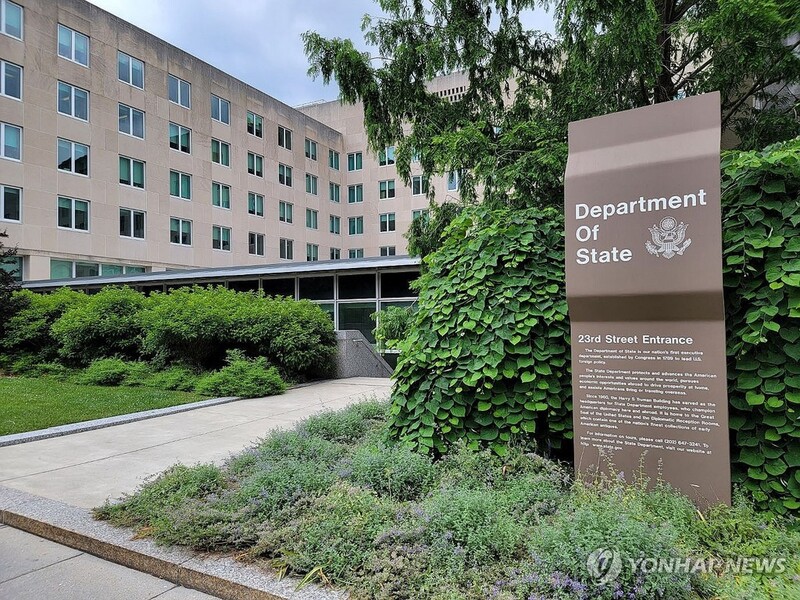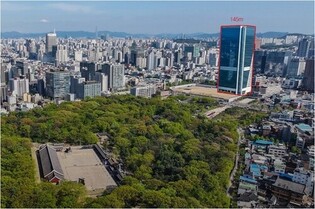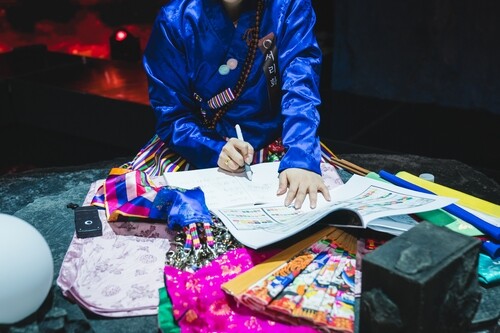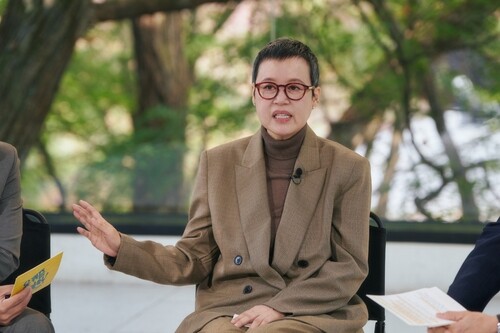 |
| ▲ The State Department in Washington (Yonhap) |
US-NK-religious freedom
No fundamental change in N.K. religious freedom situation: U.S. report
By Song Sang-ho
WASHINGTON, June 26 (Yonhap) -- North Korea's situation regarding its religious freedom has not fundamentally changed over the past decade, a U.S. report said Wednesday, citing reports that accused Pyongyang of harshly treating its people for their religious activities.
The State Department released its 2023 Report on International Religious Freedom, which assesses situations in 199 countries and territories based on information from government officials, religious groups, nongovernmental organizations, human rights monitors, academics and media. It covers the period from Jan. 1-Dec. 31.
The report came after Washington designated North Korea and 11 other countries in January as "countries of particular concern" for religious freedom violations, marking the 22nd consecutive year the North has appeared on the annually updated list.
"Multiple sources indicated the situation had not fundamentally changed since publication of the 2014 U.N. Commission of Inquiry (COI) report on human rights in the DPRK, which found that authorities almost completely denied the rights to freedom of thought, conscience, and religion and determined the government in many instances committed violations of human rights that constituted crimes against humanity," the report said.
DPRK stands for the North's official name, the Democratic People's Republic of Korea.
"The government reportedly continued to execute, torture, arrest, and physically abuse individuals for their religious activities," it added.
In a press briefing on the report, Secretary of State Antony Blinken pledged steadfast efforts to safeguard religious freedom around the world.
"Ultimately, this work is about protecting an essential part of what it means to be human: the ability to explore something bigger than ourselves to decide on our own what we believe or don't believe, without fear of repression," he said.
"The right to choose what we believe also allows us to learn from those who are different than us and celebrate all that we have in common," he added."
Ambassador at Large for International Religious Freedom Rashad Hussain stressed the responsibility to counter "dehumanization" and promote respect for people's human rights.
"We are also hopeful because we know the powerful change that's possible when governments and civil society come together to stand up for human rights, including for religious freedom," he said.
(END)
<저작권자(c) 연합뉴스, 무단 전재-재배포, AI 학습 및 활용 금지>
(C) Yonhap News Agency. All Rights Reserved























